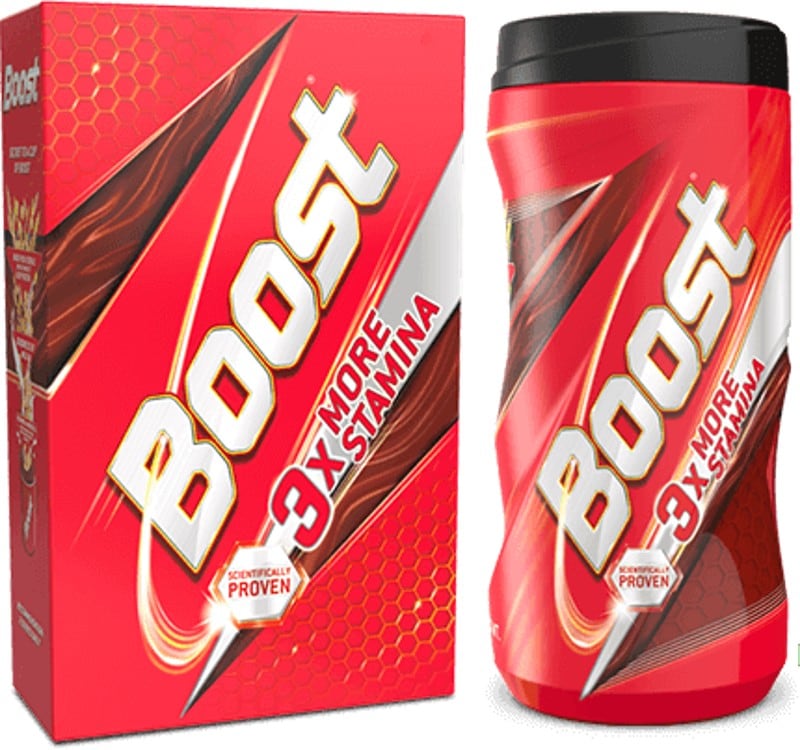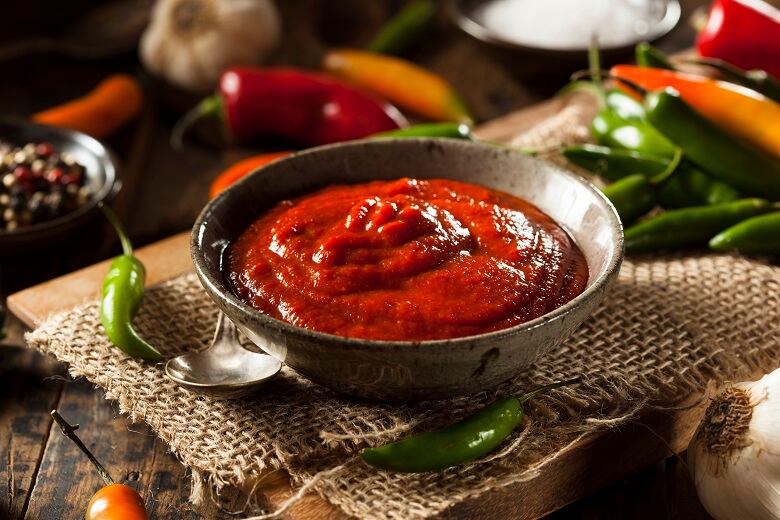Salt’s metabolic benefits? Role in increasing energy expenditure worthy of further study
Salt could have a positive metabolic effect by promoting a negative energy balance to combat obesity, but extensive further research is needed given the negative consequences of high intake on cardiovascular health.
A new review reiterates that salt intake has been found to regulate energy expenditure by stimulating non-shivering thermogenesis – a mechanism by which heat is produced by the body to adapt to the cold.
This could open the door for therapeutic applications, providing it didn’t lead to the negative health consequences of high salt intake.
Down in the dumplings: Korean diets dominated by flour-based and red meat products linked to greater risk of NAFLD
Koreans who consume diets dominated by noodles, dumplings and red meat have a significantly higher risk of non-alcoholic fatty liver disease (NAFLD) compared to those who eat more vegetables, fish and soy products, new data from almost 45,000 people aged 40 to 69 shows.
NAFLD affects approximately 30% of the global population. Despite its widespread prevalence, treatment advances remain limited. In recent years, the risk of this disease has been rising among Asian countries – comparable to the rates of its Western counterparts. In Korea, the prevalence rate of NAFLD is 31.46%.
Boiled peanuts could help overcome child peanut allergy, clinical trial shows
Boiling peanuts for up to 12 hours could help overcome children’s allergic reactions, according to the results of a clinical trial at Flinders University and SAHMRI in Australia which found up to 80% of children with peanut allergy became desensitised to eating peanuts.
The clinical trial, published in the journal Clinical & Experimental Allergy, tested if a therapy delivering sequential doses of boiled peanuts, followed by roasted peanuts, could help children overcome their peanut allergies.
The trial built on previous research conducted by senior author and Flinders University’s College of Medicine and Public Health Associate Professor Tim Chataway showing that heat affects the protein structure and allergic properties of peanuts, meaning they were less likely to cause a severe allergic reaction.
Behind the 'world’s first 100% cultivated pork steak'
UK scientists have made headlines after claiming to make the world’s first 100% cultivated pork steak.
The world's first lab-grown burger was cooked and eaten at a London news conference back in 2013. That milestone was pioneered by scientists from the Maastricht University in the Netherlands.
The cell-based meat (also known as cultivated, cultured or lab-grown meat) industry has since grown to more than 100 companies across six continents, backed by over EUR1.78 billion in investments, each aiming to produce cultivated meat products as a solution to the much-publicised negative effects of intensive livestock on the environment.
Taiwan limits use of Eucalyptus globulus leaf and extract to food flavourings from Jan 2024
From January next year, the Eucalyptus globulus leaf and extract can no longer be used as a food raw material, except as a food flavouring, Taiwan authorities said.
The Ministry of Health and Welfare is limiting Eucalyptus globulus to use in food flavourings after re-assessing its safety and medical properties.
“Eucalyptus globulus leaves and its leaf oil essence (Eucalyptol; 1,8-cineole), as well as Eucalyptus oil and other Eucalyptus globulus leaf extracts, are internationally approved for use as fragrance or natural flavourings and are approved as flavourings domestically.





